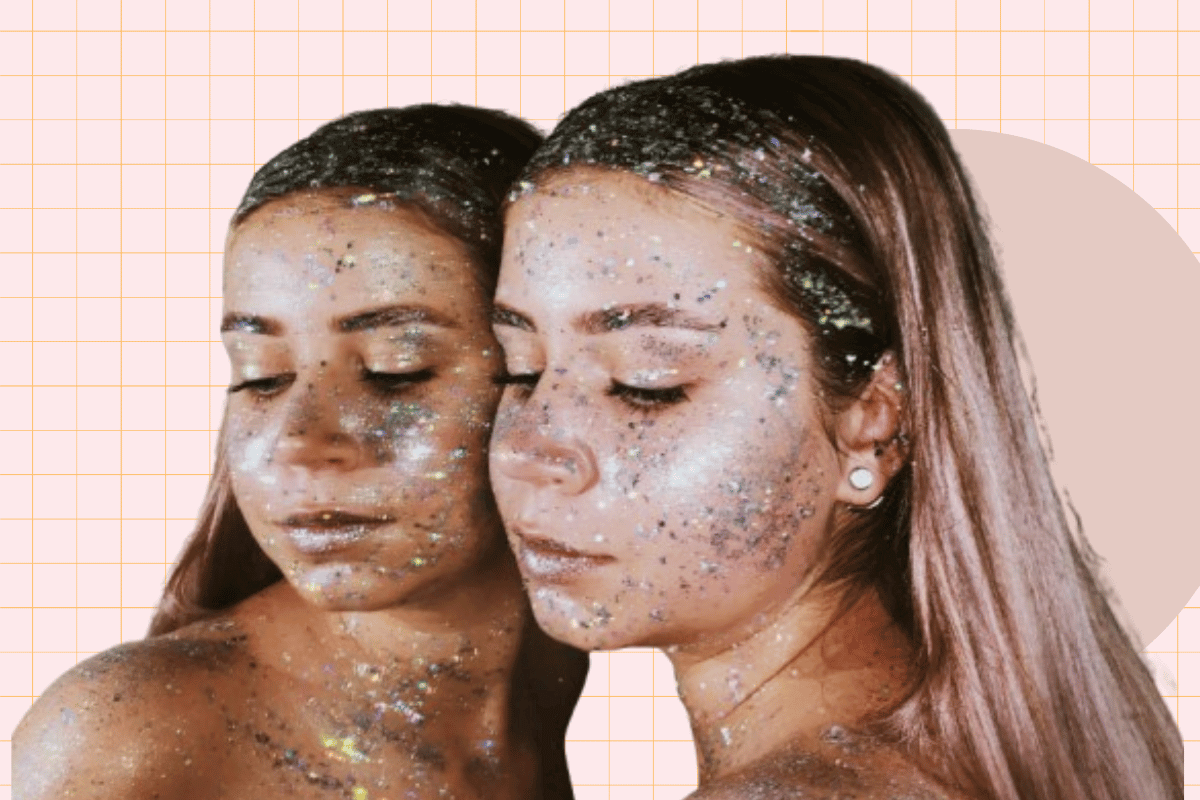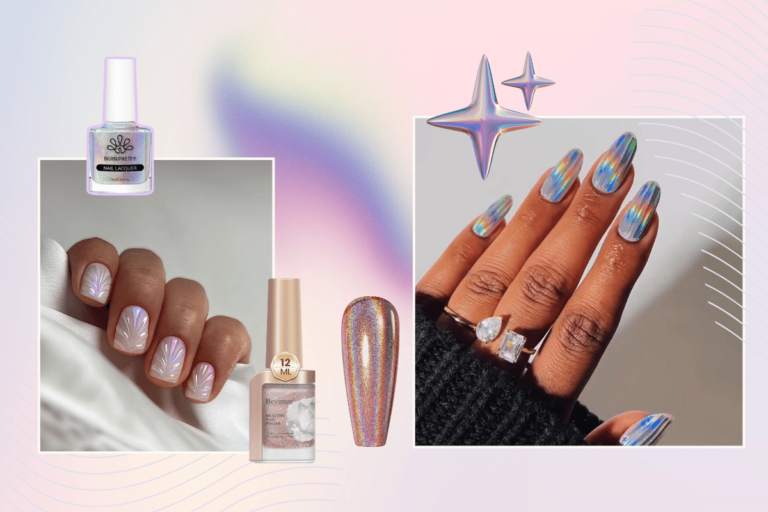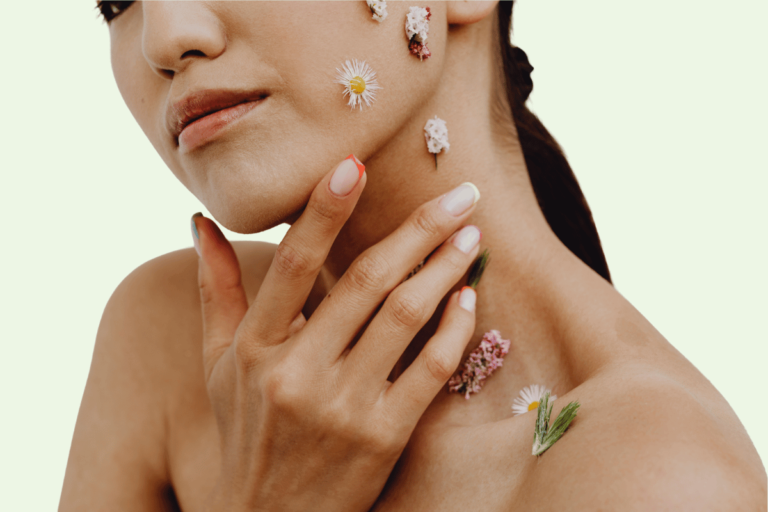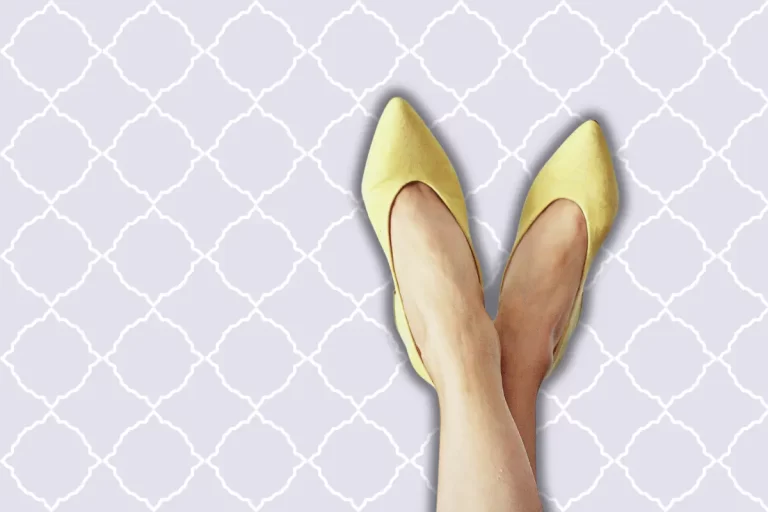Few things are as frustrating as stubborn dandruff, showing up uninvited on your favorite clothes. You’ve tried every shampoo, scalp scrub, and fancy scalp oil, but the flakes keep coming back. Sound familiar? Here’s where an unexpected natural remedy (because natural clean beauty products are a must!) steps in apple cider vinegar. Yes, that bottle in your pantry might just be the solution you need.
While most dandruff remedies focus on covering symptoms, ACV gets to the root of the issue. Packed with antibacterial and antifungal properties, apple cider vinegar could help balance your scalp’s pH, leaving your scalp fresh, calm, and flake-free. But how does it work, and—more importantly—how do you use it? Let’s dive into the science and step-by-step process of using ACV as a natural dandruff remedy.
Why Apple Cider Vinegar?
Apple cider vinegar isn’t your average kitchen staple. Beyond its tangy flavor, it has a reputation for being a powerhouse when it comes to natural health remedies. ACV is acidic, and that acidity is key for scalp health. The acetic acid in ACV is naturally antibacterial and antifungal, helping to restore balance to your scalp and reduce excess bacteria or yeast. These microbes are known to be a big part of why dandruff exists in the first place, and by reducing their presence, ACV may help stop flakes before they start.
In addition to its antimicrobial effects, ACV’s acidity can help bring your scalp’s pH back into balance. Dandruff is often the result of an overly alkaline scalp, which can lead to irritation and dry, flaky skin. By using ACV to lower your scalp’s pH, you’re setting up the perfect environment for healthier, flake-free hair.

Image: Bragg Organic Apple Cider Vinegar
How to Use Apple Cider Vinegar for Dandruff Relief
Ready to try apple cider vinegar for your scalp? Here’s how to incorporate it into your hair care routine for the best results.
1. Create the Perfect ACV Rinse
Mix It Up: Start with a 1:1 ratio of ACV to water (about half a cup of each works well for most people). For sensitive scalps, begin with a more diluted solution, such as 1 part ACV to 2 parts water.
Optional Additions: Add a few drops of essential oils like tea tree or lavender, which have their own antifungal benefits and can counteract the vinegar’s strong scent.
2. Application
Prep: After shampooing, pour the ACV rinse over your scalp, working it through from roots to ends.
Let It Sit: Leave it on for 5-10 minutes to allow the ACV to work its magic.
Rinse: Rinse thoroughly with cool water to remove the vinegar solution. If the smell is still strong, don’t worry—it should dissipate once your hair is dry.
3. Frequency
Less is More: Start once a week and monitor how your scalp responds. If your dandruff improves and your scalp feels balanced, you can stick with this weekly routine. For more intense dandruff, you might increase it to twice a week, but be mindful of how your scalp feels, as overuse may cause dryness.
4. Precautions
Test It Out: Since apple cider vinegar is acidic, it may irritate sensitive scalps. Always do a patch test before applying a full rinse to make sure your scalp reacts well.
Protect Your Eyes: ACV can sting, so be careful when rinsing it out, and avoid getting it into your eyes.
The Science Behind Apple Cider Vinegar for Dandruff
A study published in Alternative Therapies in Health and Medicine found that ACV has moderate antibacterial and antifungal properties that make it effective for skin care and scalp treatments. This aligns with why so many people report that ACV reduces dandruff—by lowering the amount of bacteria and yeast on the scalp, it helps to address a common cause of dandruff and scalp irritation.
Natural remedies like ACV can be an appealing alternative to traditional dandruff shampoos that often contain harsh chemicals. However, it may take a few applications to see results because it’s a natural product. With consistent use, many people find that ACV leaves their scalp cleaner, their hair smoother, and their dandruff reduced.
Disclaimer: This article is for informational purposes only and does not constitute medical advice. Apple cider vinegar may not be suitable for everyone, particularly those with sensitive skin or certain skin conditions. Always consult a healthcare professional before trying new treatments, especially if you have any existing scalp or skin concerns.









